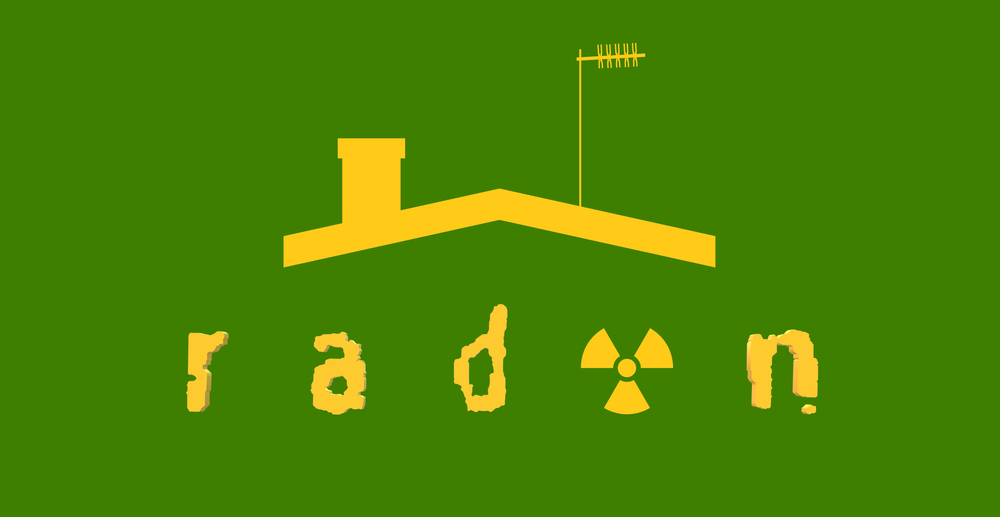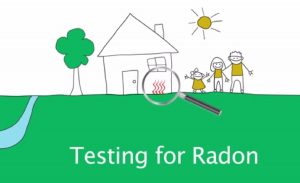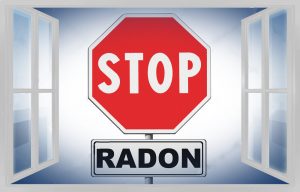You will find Radon gas everywhere, from your home to schools and public indoor places. It is odorless and colorless. And it’s not easy to detect by our human senses. So, unless you test for radon gas you won’t even know that you are slowly killing yourself every day. So, how do you mitigate radon?
At least at home, you can take measures to mitigate radon yourself. But what can you do about the school that your child visits on a daily basis? And is there a real cause for concern that you should bring up with the school?
The last thing any of us want to hear when we visit a doctor is the word “cancer”. It can be scary, especially if the person being diagnosed is not you, but your child. And the problem is that this is a very real possibility. There are many ways that cancer can affect us. One that is scarier than most is radon-related lung cancer. It has one of the lowest survival rates and it can creep up on you unknowingly before it’s too late.
Why is radon dangerous?
Radon is a radioactive gas. It is formed naturally when radioactive metals are dissolved in the ground beneath us. This gas slowly seeps its way to the surface and then enters buildings through the small cracks in the foundation. Whether you are indoors or outdoors, there is always going to be some level of radon gas present in the atmosphere.
However, when outdoors, the gas cannot accumulate and is carried away by the wind, making it much safer to breathe.
The real problem occurs inside of closed buildings. When radon enters, it will be carried throughout the building using the HVAC or ventilation systems. With no radon remediation practices in place, there is no stopping the release of radon gas into the building. So, if radon is allowed to accumulate, eventually there will be many pockets around the building with high radon exposure.
Radon Mitigation for Your Home and Business
Now, the one saving grace is that radon is not an immediate killer. It can take anywhere between 5 – 15 years to develop lung cancer. And that is if you have been breathing in the gas on a daily basis. However, if radon is never tested for, then no one will know this problem even exists. At schools where children spend many years of their formative life, this can be a very dangerous problem.
The measure used to test radon gas is pCi/L (picoCuries per liter). Anything above 4 pCi/L is considered dangerous and all measures should be taken to mitigate radon levels. According to the EPA, at least one in five schoolrooms in the US has elevated radon levels over 4 pCi/L. This is estimated to amount to over 70,000 schoolrooms.
Radon is the second leading cause of lung cancer in the US, behind cigarette smoking. It can affect adults, children, and even pets. This is why the EPA recommends homeowners and schools get their properties tested for radon often. But, the problem is that most states in the US do not have a requirement for radon testing.
How are children more affected by radon?
Yes, radon does affect everyone in the same way. But, there are certain factors that show children are more affected, sometimes more than adults.
1. Their lungs are still developing
The lungs of children are smaller and more fragile than a fully grown adult’s. They are also more active, which means that children respire faster than adults. When they breathe faster, they are also breathing in more of the radon gas. Their developing organs are also more vulnerable to DNA damage from radiation exposure. This can lead to further genetic mutations.
2. They absorb more radon per kilo of body mass
Since children weigh less than adults, the effect of radon gas is more than adults. The same level of exposure will have a greater effect on children.
3. Radon is a dense gas
Because of its density, radon gas tends to travel lower to the ground. Children are much shorter than adults, so they are likely to be more exposed to this radon gas as well.
What should you do to mitigate radon in schools?
Your first step should be to involve the school in talks about radon. If radon tests are not being carried out, then a request should be made to get it done immediately. You can include other parents to create a formal request and make it official.
Even if it is not required by the law, the school has a duty towards the safety of its students. They will need a professional radon mitigation company like Atlantic Radon to carry out the inspection. These certified technicians will determine what steps need to be taken next. So don’t wait for long until it is too late. Get started now and keep your children safe from the effects of radon gas.




